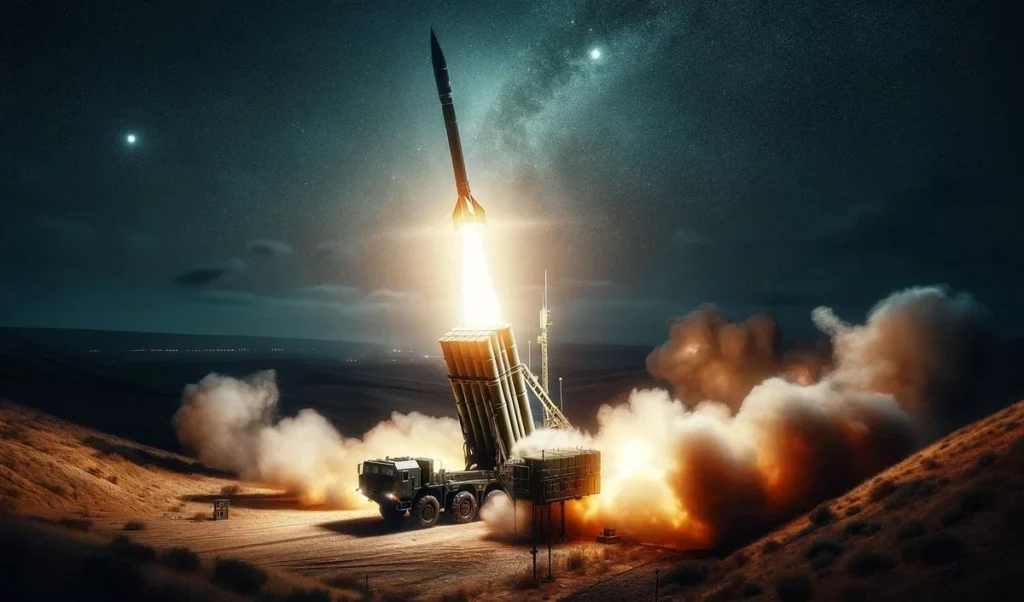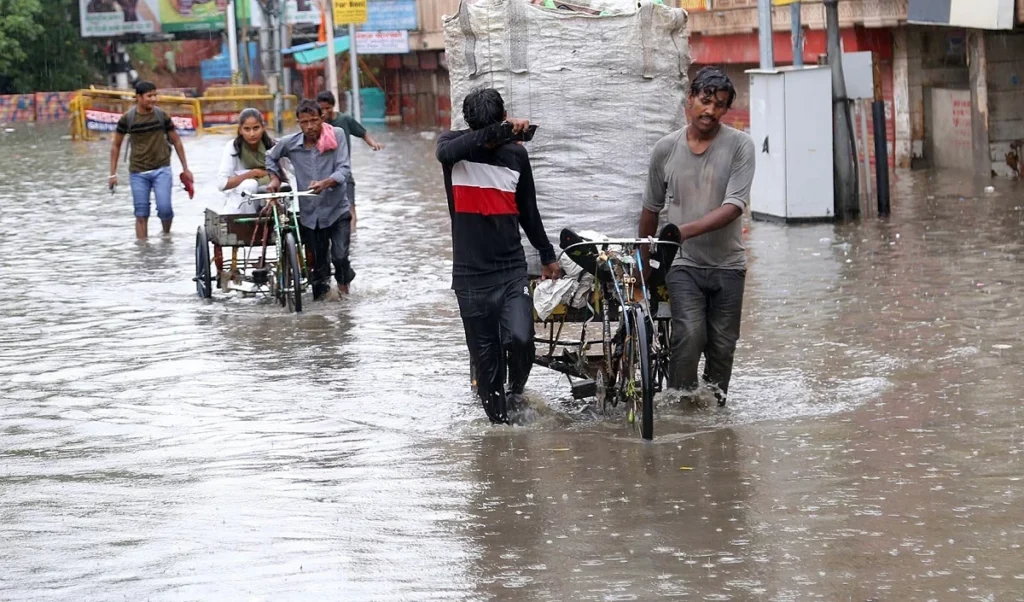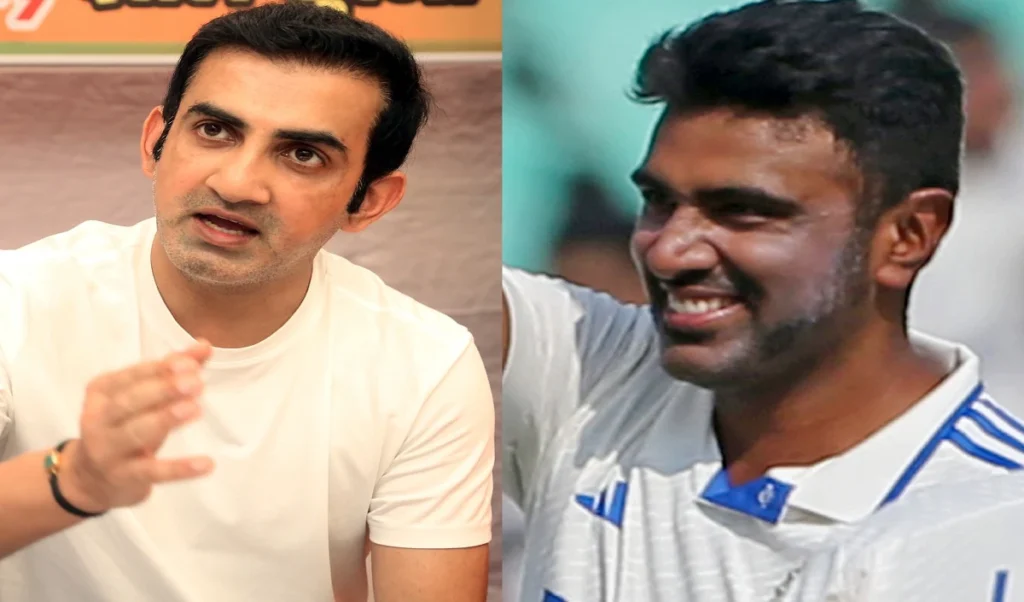External Affairs Minister S Jaishankar said at the BRICS conference in Kazan, Russia that effectively dealing with conflicts and tensions is the special need of today’s time. He said that disputes and differences should be resolved through dialogue and diplomacy. He said that once an agreement is reached, it should be followed honestly. International law must be followed without exception. The Foreign Minister said in a strict tone that there should be a zero tolerance approach towards terrorism.
Read this also: Strong deal between India and China in Russia, Modi showed boss style in the meeting
S Jaishankar said there are widespread concerns about conflict and its spread in West Asia. He said that we are meeting in difficult circumstances, the world should be ready to think afresh on long-term challenges. He said many of the inequalities of the past also continue. In fact, they have taken on new forms and expressions. We see this in access to developmental resources and modern technology and competencies. We must also acknowledge that the benefits of globalization have been very uneven. On top of all this, the COVID pandemic and multiple conflicts have further increased the burden borne by the Global South.
The External Affairs Minister said concerns over health, food and fuel security are particularly acute. The Future Summit underlined that the world is in real danger of falling far short of achieving the SDG targets. He asked how do we resolve this contradiction? And ensure that the benefits of change reach those who are currently left behind? How can we create a more equitable global order?
Jaishankar said that firstly, by strengthening and expanding the platform of independent nature. and by broadening the options across different domains and reducing undue reliance on them that can be availed of. This is really where BRICS can make a difference for the global South. Second, by reforming established institutions and mechanisms, particularly the United Nations Security Council in the permanent and non-permanent categories. Similarly, multilateral development banks should also be reformed, whose functioning is as old as the United Nations. India initiated an effort during its G-20 Presidency and we are glad that Brazil has taken it forward.
Also read: ‘Brij Bhushan Singh tried to sexually harass me in 2012’, Sakshi Malik made a big revelation
Third, democratize the global economy by creating more production centers. The COVID experience is a sharp reminder of the need for more flexible, redundant and shorter supply chains. To meet essential needs, each region legitimately aspires to build up its own production capacities. Fourth, by correcting distortions in global infrastructure that have been inherited from the colonial era. The world urgently needs more connectivity options that enhance logistics and reduce risks. It must be a collective effort for the common good, with utmost respect for territorial integrity and sovereignty. And fifth, by sharing experiences and new initiatives. India’s digital public infrastructure, its integrated payment interface and speed power infrastructure, all hold a huge relevance. The International Solar Alliance, the Coalition for Disaster Resilient Infrastructure, the Global Biofuels Coalition, Mission Life and the International Big Cat Coalition are also initiatives of similar common interest. As a first responder, whether it’s natural disasters, health emergencies or economic crises, we try to do our fair share.



